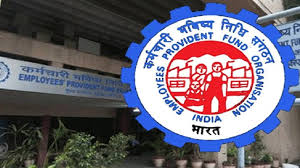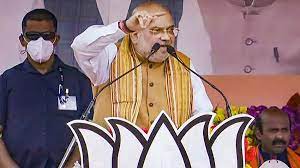By Anil Wadhwa
The White House will see a new incumbent in Joe Biden the most powerful nation of the world, on January 20, 2021. Political analysts in South Asia and the region of the Indo Pacific are also keenly watching and speculating on the future policies of the new administration. There is the widespread expectation in India that given the bipartisan consensus in the United States on improving relations with India and the geopolitical realities of the region, India will continue to be viewed favourably the United States. Biden has overseen a resurgence in relations with India under his Vice presidency and has been supportive of issues like the Indo – US Nuclear deal, the status of a non-NATO ally for India increased defence cooperation and support for India’s permanent membership of a reformed UN Security Council. Biden, however, is a seasoned and balanced politician and his administration will look for conciliatory policies towards allies and cutting down on rhetoric with competitors while advancing American interests. This could also mean a change in emphasis and nuance as far as South Asia, India and the Indo pacific region are concerned.
It can be expected that the Biden administration will work towards ensuring a free and open Indo Pacific, where the rule of law prevails and that will mean attempts at containment of China will continue while working in tandem with countries of the Quad, and other South-East Asian nations. On China, the Democrat rhetoric on Tibet, Xinjiang, Taiwan and Xi Jin Ping has been high, and even if China tries to revive the G- 2 concept with the US, the systemic rivalry with China is here to stay. Despite this, any adjustments that the Biden administration makes on trade and political issues with Beijing could be consequential for India and the region. On Afghanistan, the Biden the administration will be willing to continue the policy of a drawdown of US troops and therefore any accommodation with Pakistan, given its influence on the Taliban will be detrimental to Indian interests. A US return to JCPOA under the new administration will provide room for India to engage with Iran on Chahbahar, thus reviving opportunities with Central Asia and Afghanistan.
The Indo US partnership in defence, science and technology, supply chains and innovation are expected to flourish, and equally, the Biden administration will be closer to India on climate change, WTO, and cooperation in global health and vaccine. The new administration has promised to ease migration-related restrictions for family members and highly qualified STEM students, restore the systematic grant of citizenships and green cards based on family ties, and ease the pressure of family members of migrants facing restrictions in the US. Indian nationals and companies can also expect relief in the grant of H1 B visas. On the whole Indo – US relations under a Biden Presidency are expected to further advance the Indo US partnership.





































